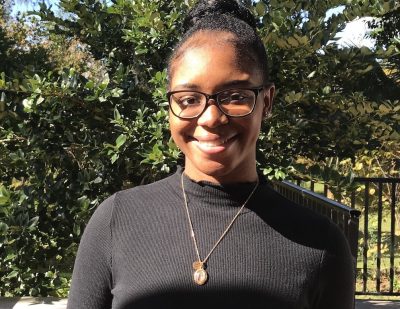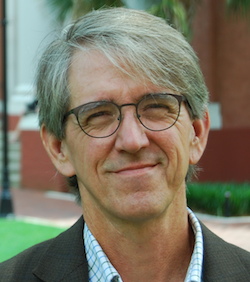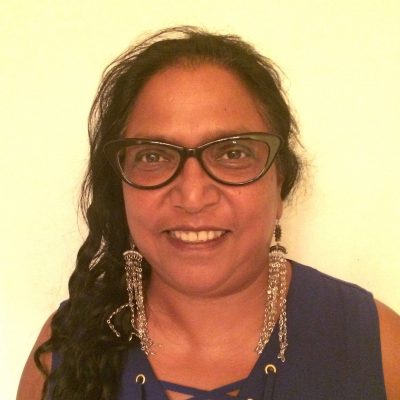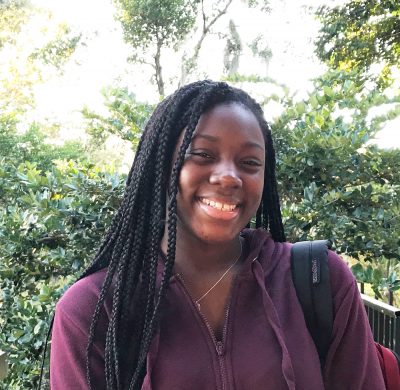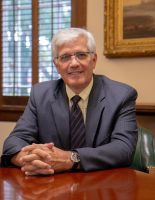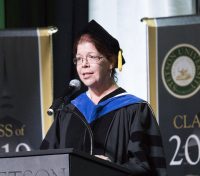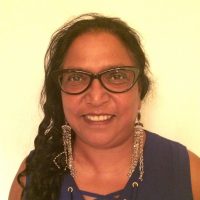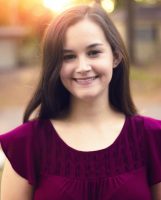Congratulations to the following recipients of the 2019 Hand Awards for Distinguished Faculty Achievement.
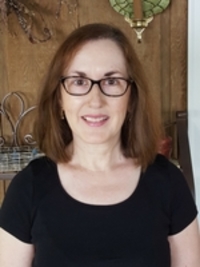
Ana Eire, Ph.D., Professor of World Languages and Cultures
Hand Award for Research, Creative and Professional Activity

Isabel Botero, Ph.D., Assistant Professor of Family Enterprise and Entrepreneurship
Hand Award for Research, Creative and Professional Activity
The Hand Award for Distinguished Faculty Achievements are made possible through the continued generosity of trustee emeritus and alumna Dolly Hand and her husband, Homer Hand. Through their support of excellence in higher education, we are honored to recognize outstanding faculty. The awards have been presented to faculty since 1988, with recipients whose names many in the audience will recognize as faculty who have been transformative to this institution—Michael Rickman, Karen Kaivola, and Leonard Nance to name a few.
Faculty over the years have been presented with Hand Awards in two primary areas: Community Impact, and also Research, Creative and Professional Activity. This year, we recognize the professional achievements of two outstanding faculty members in the category of Research, Creative, and Professional Activity. Both of these faculty members have significantly contributed to the knowledge of their fields, the vibrancy of Stetson University’s pedagogy and academic culture, and the world beyond this campus.
————–
The first 2019 Hand award honors a faculty member who joined the Stetson University almost three decades ago. Since then, she has published multiple books that have garnered national attention in her home country, leading her to be considered, as one nominator writes, “the foremost scholar of Spanish poetry in Spain.” Because of her established renowned reputation as a Spanish poetry critic, she is currently working on another commission preparing an introduction to the 25th anniversary edition of an anthology of poetry entitled El sindicato del crimen. For her professional commitment, and in recognition and celebration of her substantial scholarly contributions, it gives me great pleasure to present the first of two 2019 Hand Awards for Research, Creative, and Professional Activity to Professor Ana Eire.————–
Historically, there have been Hand awards that recognized the stellar work of faculty who have been at Stetson for a short period of time, and then go on to do great things at Stetson. Some examples include then-Assistant Professors Terri Witek, Stephen Robinson, and Sue Ryan, who all won the Hand recognition just a few years after they joined Stetson. This year’s 2nd 2019 Hand award recipient is a prolific scholar with 46 publications, a frequent invited review for prestigious journals, and an internationally known expert in her field. She has presented her research in the U.S., Europe and Latin America, and last year was awarded second place in the Adalberto Viesca Sada Family Business in Latin America’s Award. In only her fourth year at Stetson, this faculty member is using her extensive research as the academic foundation for reviving the family business curriculum in the School of Business Administration. For her professional commitment, and in recognition and celebration of her substantial scholarly contributions, it gives me great pleasure to present the second of two 2019 Hand Awards for Research, Creative, and Professional Activity to Assistant Professor Isabel Botero.
Presented by Provost Noel Painter on May 11, 2019 at the 133rd annual Undergraduate Commencement

